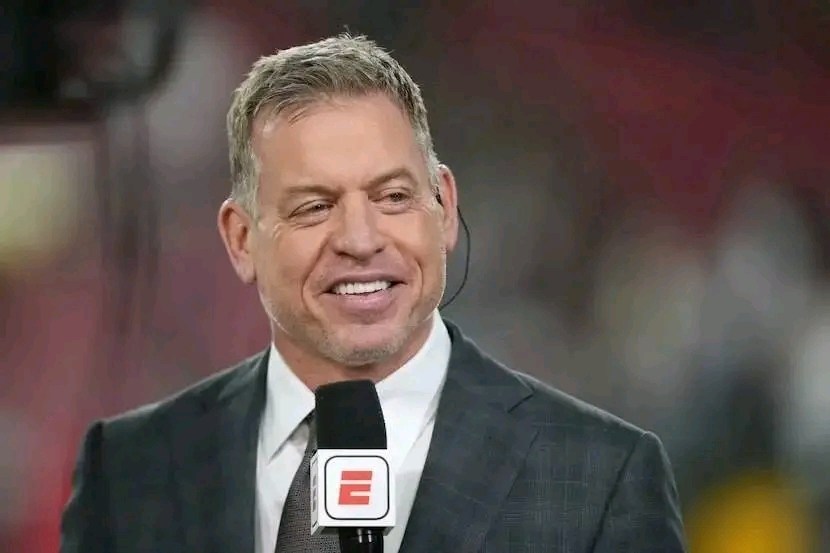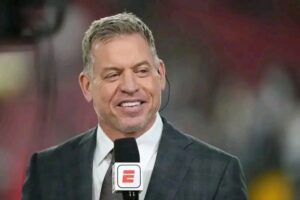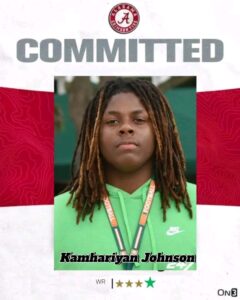
Troy Aikman Slams Cowboys’ Ownership for Impeding Coaches, Claims the Position Is No Longer “Coveted

In a recent outburst, NFL legend Troy Aikman has publicly criticized the ownership of the Dallas Cowboys for what he perceives as detrimental practices that hinder the effectiveness of coaches within the organization. Aikman, who spent his entire 12-year playing career with the Cowboys and became a beloved figure in the franchise’s storied history, voiced his concerns during a panel discussion and subsequent interviews, shedding light on the current state of the team’s leadership and its implications for coaching prospects.
**Ownership and Its Impact on Coaching**
Aikman’s remarks come at a time of heightened scrutiny surrounding the Cowboys, particularly following another season that fell short of expectations. The Cowboys have a rich history, including five Super Bowl titles, yet recent years have seen the team struggle to maintain consistent success. Aikman believes that the crux of the problem lies within the ownership structure, specifically pointing fingers at Jerry Jones, the team’s owner and general manager. According to Aikman, the “hands-on” approach taken by Jones can stifle creative freedom and decision-making processes for coaches.
“The job of head coach for the Cowboys isn’t what it used to be,” Aikman stated emphatically. “It’s not viewed as a coveted position anymore, and that’s largely because of how ownership operates. Coaches need the autonomy to lead, but when there’s constant interference and a lack of trust from ownership, it creates a challenging environment that makes it difficult to succeed.”
The Erosion of Coaching Prestige
The decline in prestige associated with the head coaching position in Dallas has been amplified by a series of high-profile firings and failed tenure. Coaches like Jason Garrett and more recently Mike McCarthy have faced intense scrutiny, and Aikman suggests that potential candidates may now think twice before pursuing the role. “Why would a top-tier coach want to come to Dallas if they know their ability to contribute and make decisions will be limited?” Aikman questioned.
This sentiment resonates with many within the NFL community, as the league continues to evolve with a focus on offensive innovation and player development. Teams are increasingly looking for coaches who can adapt and implement modern strategies, and Aikman fears that the Cowboys’ ownership model may prevent them from attracting top talent.
Comparative Success Among Rivals
Adding to Aikman’s argument is the contrasting success experienced by rival teams in the same division. The Philadelphia Eagles and Washington Commanders have seen positive results under leadership that empowers their coaching staff. For instance, the Eagles’ recent Super Bowl victory under head coach Nick Sirianni and general manager Howie Roseman is often highlighted as a prime example of effective collaboration between ownership and coaching.
“Look at teams like the Eagles,” Aikman observed. “They’ve found success by fostering an environment where coaches can thrive. That’s what the Cowboys need to do if they want to get back to being a championship contender.”
The Path Forward
As the Cowboys navigate their offseason, Aikman’s remarks bring forth essential questions about the future direction of the franchise. With rumors circulating about potential coaching changes and roster moves, the need for a unified vision between ownership and coaching staff has never been more critical.
Aikman emphasizes the importance of a collaborative approach that empowers coaches to lead without the looming fear of being undermined. “If Jerry Jones wants to see the Cowboys return to glory, he needs to trust his coaches and provide them with the support they need to implement their vision.”
While Aikman’s critiques may come off as harsh, they reflect a broader frustration among fans and former players alike regarding the state of America’s Team. Many hope that the franchise can reclaim its former glory by addressing these fundamental issues, ensuring that the Cowboys remain relevant in the highly competitive landscape of the NFL.
Conclusion
In conclusion, Troy Aikman’s pointed criticism of the Dallas Cowboys’ ownership serves as a wake-up call. His insights reflect a growing sentiment that unless significant changes are made—particularly in fostering a supportive environment for coaches—the storied franchise is at risk of stagnation. The path forward for the Cowboys hinges on whether ownership is willing to embrace a new philosophy that prioritizes empowerment, collaboration, and ultimately, success on the field. Fans and analysts alike will be watching closely to see how this narrative unfolds in the coming months.





